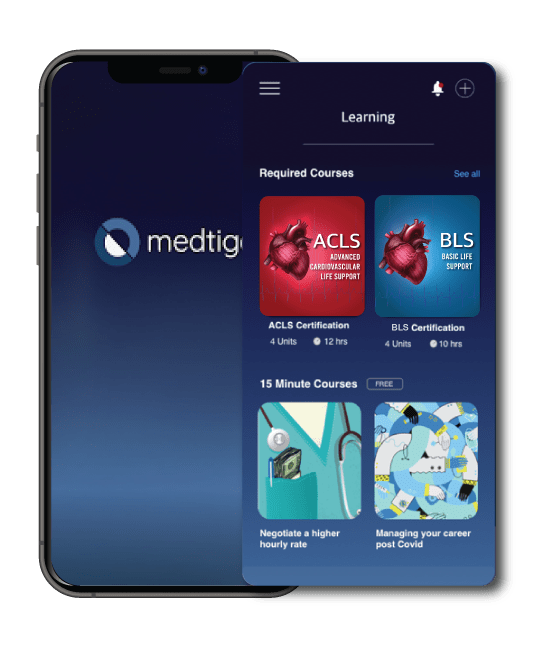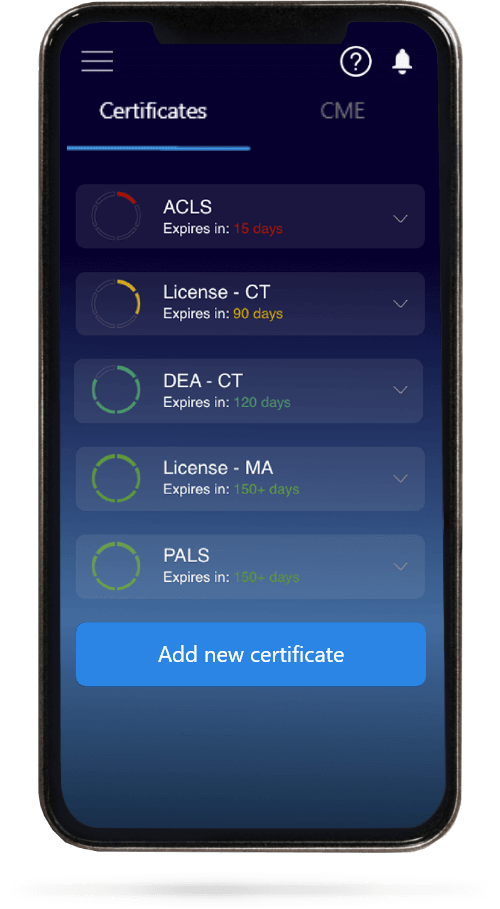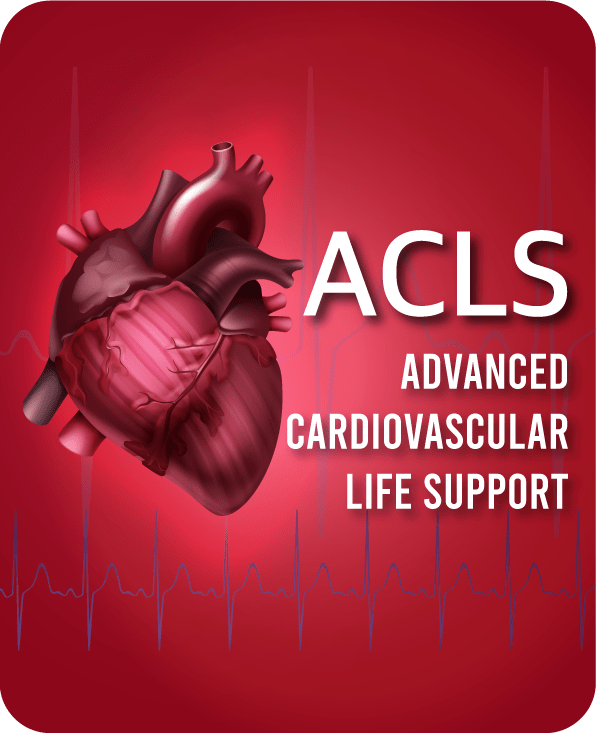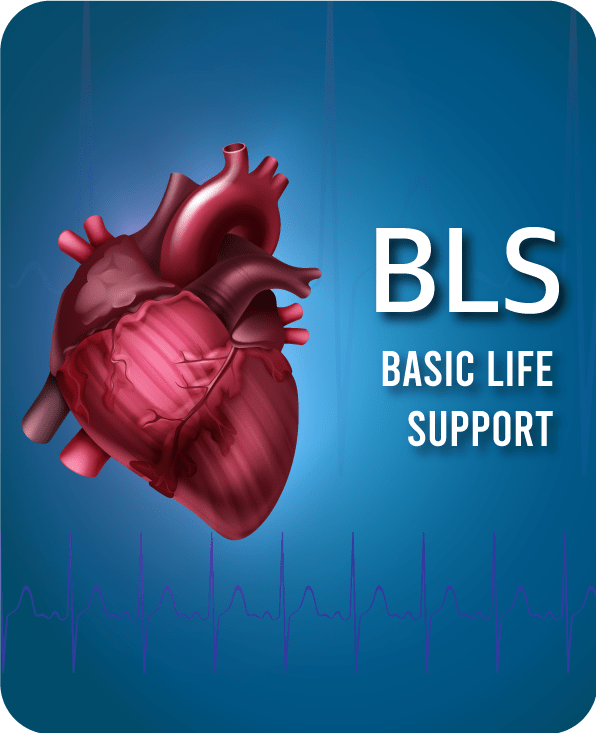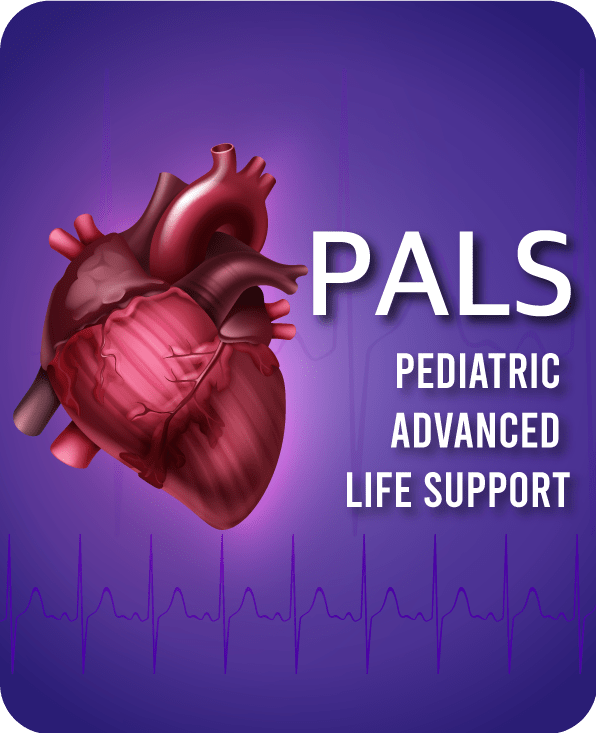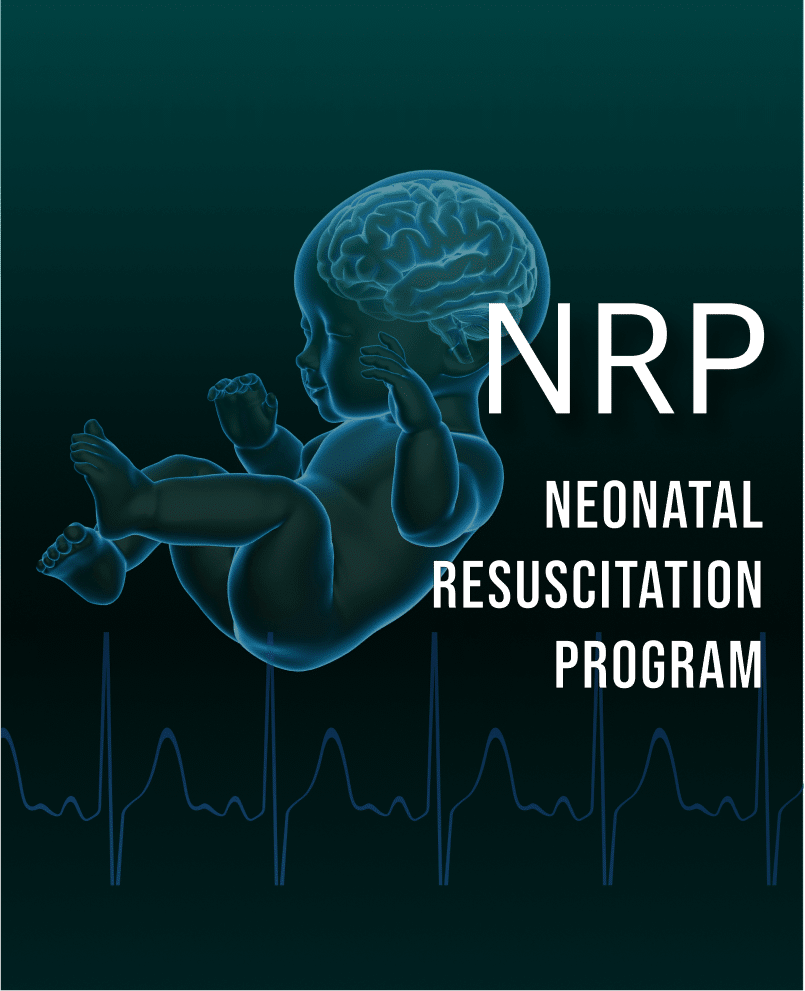Two recent studies by the Centers for Disease Control and Prevention (CDC) and covered by New York Times shed light on an alarming statistic: an estimated 450,000 Americans may be grappling with an alpha-gal syndrome, a potentially serious meat allergy caused by tick bites. Despite this staggering number, a significant proportion of cases remain unidentified.
Alpha-gal syndrome, so-called due to its association with the carbohydrate molecule “galactose-alpha-1,3-galactose” (or alpha-gal), is primarily found in mammalian meats like beef, pork, and lamb, but not in humans or other primates. Fascinatingly, lone star ticks, predominant in Southern, Mid-Atlantic, and Midwestern states, are responsible for inducing this condition in humans.
These ticks transfer the alpha-gal molecule into the human body during a bite, and for some people, this triggers an abnormal immune response when they consume meat, resulting in allergic symptoms ranging from hives and nausea to diarrhea or potentially fatal anaphylactic shock.
In the first of the two CDC studies, scientists reviewed laboratory data and discovered a total of 110,000 suspected alpha-gal syndrome cases since 2010. But according to Dr. Johanna Salzer, a disease ecologist and veterinarian at the CDC, this figure significantly underrepresents the reality. The problem? A critical lack of awareness among healthcare providers.
The second study underscored this problem. It revealed that nearly 78 percent of healthcare providers surveyed, including doctors, nurse practitioners, and physician assistants, had minimal knowledge of alpha-gal syndrome. The proportion of those who knew about the condition but weren’t confident about diagnosing it was also high. These findings spotlight an alarming knowledge gap within the healthcare community.
With the prevalence of alpha-gal syndrome potentially four times higher than currently identified, these studies have raised a critical public health alert. More puzzling is the discovery of case clusters in northern Minnesota and Wisconsin – areas not usually linked with lone star ticks. This points to a possibility of other unknown factors contributing to the spread of the syndrome, or perhaps, an expansion of the ticks’ habitats due to climate change.
Diagnosing alpha-gal syndrome involves checking for antibodies to alpha-gal via a blood test. Over the last five years, positive tests for these antibodies have surged, with approximately 90,000 people testing positive between 2017 and 2022. This upward trend may be a result of increased awareness or geographical shifts of the lone star tick habitats, or perhaps a combination of both.
The challenge posed by alpha-gal syndrome extends beyond diagnosis. As of now, there is no specific cure or treatment. Preventing tick bites appears to be the most effective measure in avoiding this condition, underscoring the importance of tick prevention in public health measures.
These studies underscore the urgency of improving awareness and knowledge about alpha-gal syndrome among healthcare providers. The hope is that with greater understanding, the medical community can better diagnose and manage this underdiagnosed meat allergy, providing much-needed relief for those affected. The mystery of alpha-gal syndrome remains, but every new piece of research brings us a step closer to understanding this elusive condition.





